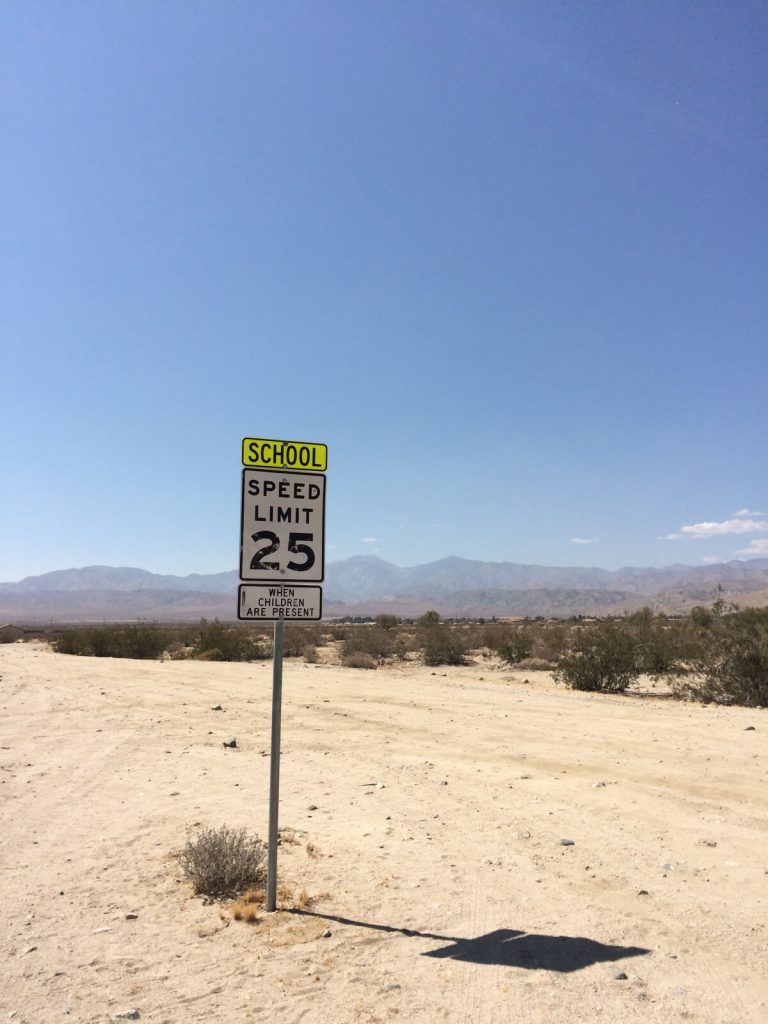It is January 2014. After winning a couple of regional competitions in informatics with the highest score in the country, a 12-year-old boy from Smolyan, one of the poorest regions in Bulgaria, is about to go to the National Olympiad. However, instead of competing on a national level, the boy is disqualified and all rewards from previous competitions are taken away for him. He did not cheat. This kid was disqualified because he was homeschooled – one of a few elusive homeschoolers in Bulgaria and probably the only one in Smolyan. Back at the time, three years ago, such an alternative to the classical school system was not allowed in Bulgaria and homeschooling was considered illegal. This is still the case in most of the countries in the region.
In response to this controversial situation, the mother of the boy publicly stated that the state monopoly in education had been inherited from the communist years and should have been forgotten long ago. She added that the modern school environment in the country is degrading. If we look at the performance of Bulgarian schools in international rankings, it is hard to oppose her view. One can play with rhetoric, but Bulgarian schools are falling way short of expectations.
Why is this story important? Because it shows the relation between the different opportunities and inequality in the poorest member of the EU and the process of opening up (liberating) schools in Bulgaria for alternatives and informal methods, for innovation and competition, for the local community and businesses. It is a difficult process that started with the reform in 2007–2008 and has continued with the new educational law adopted at the end of 2015 (replacing legislation from the early 1990s).
Nevertheless, four main challenges still lay ahead of the Bulgarian education system: 1) autonomy; 2) flexibility and choice; 3) involvement; and 4) practical skills. One way to look at these issues is to investigate the income distribution in the country, focusing on poor households and the middle class, and evaluate policy shortcomings in light of poverty data and the social dynamics in Bulgaria.



